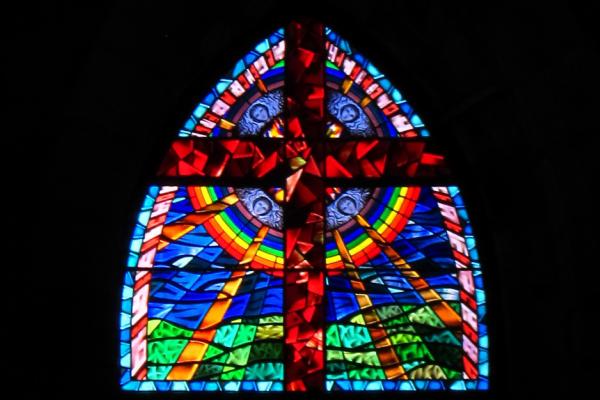Dec 9, 2016
“As a black lesbian growing up in the South, being in a room filled with Christians excited and ready to engage with the powers that be at all levels of government is something I could only have dreamed would exist,” Victoria Kirby York, National Campaigns Director for the National LGBTQ Task Force, said.
“We must love our neighbor as ourself. And it is radical, and it is broad, and it is all-encompassing.”
Read the Full Article

Already a subscriber? Login
